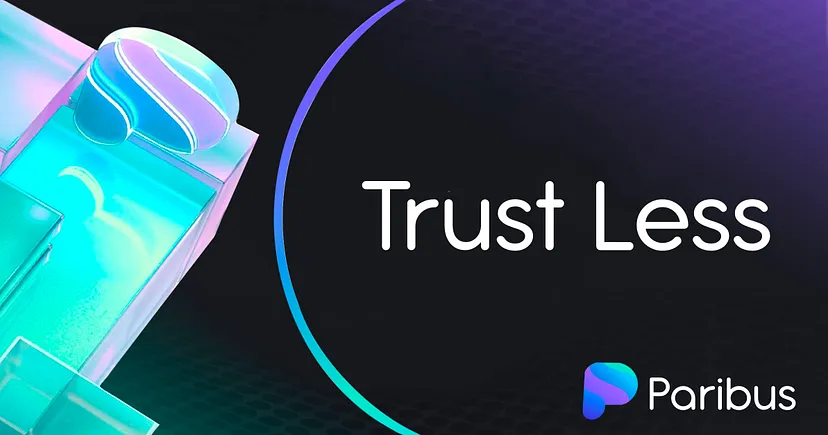One month ago, Jerome Powell, head of the Federal Reserve in the US, announced that the banking system was sound and robust despite the collapse of several large banks. After raising rates a further 0.25%, he said, “We’re committed to learning the lessons from this episode and to work to prevent events like this from happening again.”
As we prepare for another potential 0.25% rate hike on May 3rd, another major bank in the US, First Republic Bank, has collapsed. Its collapse is part of a larger trend of consolidation within the banking system, which is being paid for by the public.
For instance, this week, HSBC announced they made a $1.5 billion profit when they bought Silicon Valley Bank’s (SVB) UK operations for £1. UK taxpayers covered the losses involved in the deal, while HSBC profited.

A similar situation plays out across the board, with larger banks swallowing up smaller ones in distress. Governments broker the deals, take on the losses, and the big banks get bigger. This situation leads to an over-centralization of control within the banking sector, inevitably leading to higher costs and fewer consumer choices.
The public is becoming increasingly less trusting of politicians and regulators who reassure them that everything is fine, while the reality shows otherwise. This situation is reminiscent of when Powell claimed in 2021 that inflation was ‘transitory’ as he continued to ramp up money printing. Fast forward to today, and inflation is ‘sticky.’
As people lose trust in institutions and have less choice and freedom to access essential financial services, there’s never been a more appropriate time for decentralized finance (DeFi) to make its mark. The key feature of DeFi is trustlessness, which means that the system does not require users to trust any central authority or intermediary to operate. Instead, trust is built into its protocols.
Trustless protocols are an essential feature of DeFi because they allow users to interact with the system without trusting any external, centralized authority. This is achieved using cryptographic techniques to ensure all transactions are secure.
Another benefit of DeFi is that it allows for greater transparency and accountability. Due to transactions being recorded on a public blockchain, users can see exactly how their assets are used and hold the system accountable if anything goes wrong. This contrasts with traditional finance (TradFi), where transactions are often opaque and difficult to track.
Trustless protocols also allow for greater accessibility. Since no centralized authorities or intermediaries control the system, anyone with an internet connection can participate in DeFi. This contrasts with TradFi, where many financial services are only available to accredited investors or those with large amounts of capital.
Regulators continually use this point to suggest that crypto is a gateway to money laundering by criminal organizations. However, the opaqueness of TradFi often benefits money launderers far more than the transparency of blockchains, which is why banks are routinely prosecuted for failing to prevent it.

One of the most exciting aspects of trustlessness is the potential for decentralized governance. Decentralized governance allows users to decide how the system should operate collectively. This is achieved through decentralized autonomous organizations (DAOs), which are governed by smart contracts instead of human managers.
DAOs allow for a more democratic and transparent decision-making process, which can lead to more equitable outcomes for all users. We’ll look at this in more detail in a subsequent article.
While there are risks associated with using DeFi protocols, the potential benefits are significant. The concept that you can have a risk-free environment in finance is nonexistent. Take, for example, the UK arm of SVB. Even though millions of people in the UK had no money deposited there, they’re left having to cover the losses of the deal through their tax payments.
As awareness of the benefits of using DeFi grows and adoption increases, we can expect to see even more innovation in the space. Trustless protocols have the potential to revolutionize the way we think about finance and could pave the way for a more equitable and accessible financial system.
Without DeFi, we face a future of ever-increasing centralization and governmental control of our finances. If the constant mistakes of regulators and politicians don’t worry you now, they certainly will when they have even more control over your finances.
Join Paribus-
Website | Twitter | Telegram | Medium | Discord | YouTube
- SEO Powered Content & PR Distribution. Get Amplified Today.
- PlatoAiStream. Web3 Intelligence. Knowledge Amplified. Access Here.
- Source: Plato Data Intelligence: PlatoData
